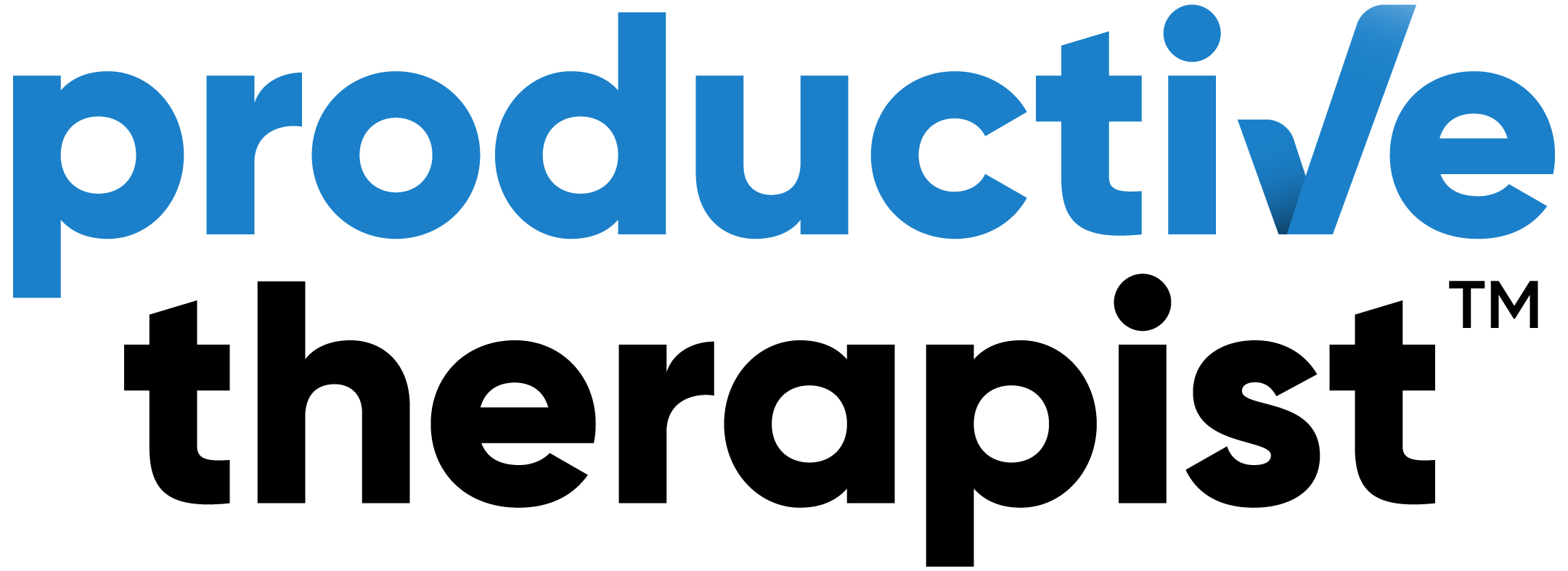In this post, I lay out the pros and cons of 5 different phone support solutions for your busy private practice.
Delegating the intake coordinator duties was one of the best decisions I have ever made for my business!
I have spent a ton of time considering the options and I hope you find this post valuable.
But first, a short story.
If this sounds like you, outsourcing your phone support is something you should strongly consider!
Your practice has been growing and you are getting more calls and email inquiries than you can handle. Yes, a good problem to have, but it can be overwhelming at times. Especially, after a full day of clients when you don’t have the mental or emotional energy to make call backs to potential clients. Ugh!
You want to be more responsive and help more people, but you just can’t do everything. Even worse, you know that when people don’t get a quick response they are likely going to go with another therapist. Maybe even the first therapist to get back to them. You want to outsource your intake coordinator role, but it’s tough to find someone you can trust and let’s be honest, even more of a challenge to let go of control.
You do an amazing job connecting with potential clients, sharing about how therapy can help them and really giving them quality guidance. Then you remember how tired and stressed you are. Something has to give.
The Productive Therapist is here to help!
I have identified the best and most commonly used phone support solutions for busy therapists like you.
Feel free to scan this post or dig into the details to see what option fits best for you.
How to evaluate the potential solutions
- Quality control
- Ability to train
- Cost considerations
- Possibility for live answer
Here are the 5 most common solutions for phone support and scheduling.
- Practice owner
- Virtual assistant
- Answering service
- Hybrid option
- Office receptionist
1. Practice owner
This is likely how you started out and it makes sense. In private practice we wear all the hats and do all the jobs.
You likely feel like you are excellent at connecting with clients and guiding them towards making a decision to invest in therapy.
Maybe you want to give up this role, but maybe you’re not quite ready yet.
That’s ok.
Take a look at the pros and cons of continuing to answer the phones and handling all the intake duties yourself.

2. Virtual assistant
This is the logical next step for most growing solo practices or small group practices.
While it was tough giving up the intake duties to my virtual assistant, it was also life changing and freed me up to focus on so many other aspects of my business.
This option costs less than an office receptionist, but you still have the ability to train the person and feel like they are a member of your team.
Like any assistant they will get sick and go on vacation, but you would have that same issue if you handled the tasks yourself.
The VA will likely have a slower response time than a dedicated assistant who only works for your practice or an answering service.
This may or may not be a deal breaker for you.
There is no doubt that live answer will help with converting callers to clients, but it can be expensive and there are other tradeoffs we will discuss below.
For me the balance of affordability, flexibility and convenience makes using a virtual assistant the best solution for my group practice.
Take a look at the pros and cons in the graphic below.

3. Virtual answering service
If you want a high level of live answer this is likely your best solution.
A virtual answering service has a team of people answering phones for multiple businesses.
They follow a script and can perform basic tasks, like scheduling and answering routine questions.
My recent experience:
Just last night I called a local group practice looking for a child therapist for a friend. It was after 5pm and I expected to get their voicemail. I was surprised to get an answering service with a friendly receptionist on the other line. She didn’t know the answer to my question, but took a message and told me someone would get back to me the next day. Not bad actually!
The main downside in my mind is that an answering service can’t really convert callers to clients.
They also can’t complete the whole process of matching the caller with the right therapist, getting them set up in your EHR and notifying the therapist.
It can end up being a little inefficient and expensive as well.
You will need someone to complete the client setup process and may end up still doing a ton of admin work yourself.
Unless you try out the hybrid option, which can work nicely (see below).
Here are the pros and cons of answering services.

4. Hybrid: VA + answering service
The Productive Therapist has had a few clients who wanted to have an answering service take calls live and then hand off the caller to the VA for the initial consultation.
The live answer provides a high level of customer service, which is wonderful. Callers feel like they can connect with a human rather quickly.
The answering service can use your scripts and do things like answer questions about insurance, fees and other routine things related to your practice.
Then the person is forwarded to the VA or possibly the answering service schedules an initial consultation with the VA (better option).
It is not usually a seamless process, i.e. a direct warm handoff on the phone. The caller will likely still have to leave a message and get a call back.
However, this can be the best of both worlds. You are truly delegating the intake role and minimizing the need for your involvement.
The downside is mainly the expense of paying for two services and the potential inefficiencies of multiple people being involved in the process.
Take a look below at the pros and cons of the hybrid option.

5. Office receptionist
Last, but not least we have the traditional office receptionist.
This is usually an option that makes the most sense for larger group practices.
It is more expensive in general, but has many positive upsides.
You can train the assistant in person, manage them directly and expect a reasonable percentage of live answer.
They can also do some tasks a virtual assistant cannot do.
For awhile, I had an in office assistant and he would routinely run to the store for office supplies, have check in meetings with my therapists in the office and put together marketing materials to mail out, to name a few things. One time he even helped me pick up flooring for my house in his truck. Try doing that with a VA!
I’ll be honest these added perks were awesome!
The downsides for me included more interruptions from my assistant popping in to ask questions or just distracting small talk (I’m an introvert!).
Also, I was paying him for his time even when he had no tasks to complete and no calls were coming in.
Of course, the busier the practice the less worry there will be about paying for downtime.
One other downside to mention is that you are responsible for hiring and employing the assistant. They will need to be a W2 employee (most likely) and if something happens you will need to fill that role.
Having an office receptionist can be a wonderful solution, especially if you find the right person.
Here are the pros and cons of having an in office receptionist.

In conclusion:
At the end of the day, the most important thing is that you find a solution that works and delegate the intake coordinator duties.
This is a vital part of your business and creating a system to handle incoming referrals effectively will be a major win for your business.
I hope this post has been helpful for you!
Feel free to get in touch with us if you have questions about how a virtual assistant can help you optimize your systems and get some of your time back!

